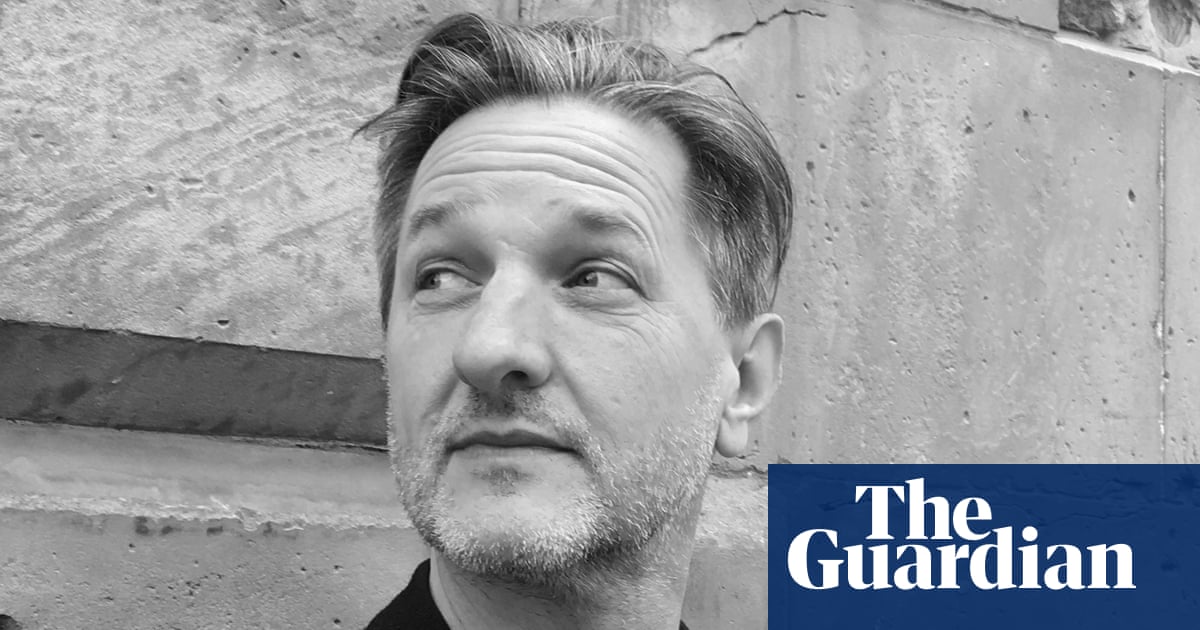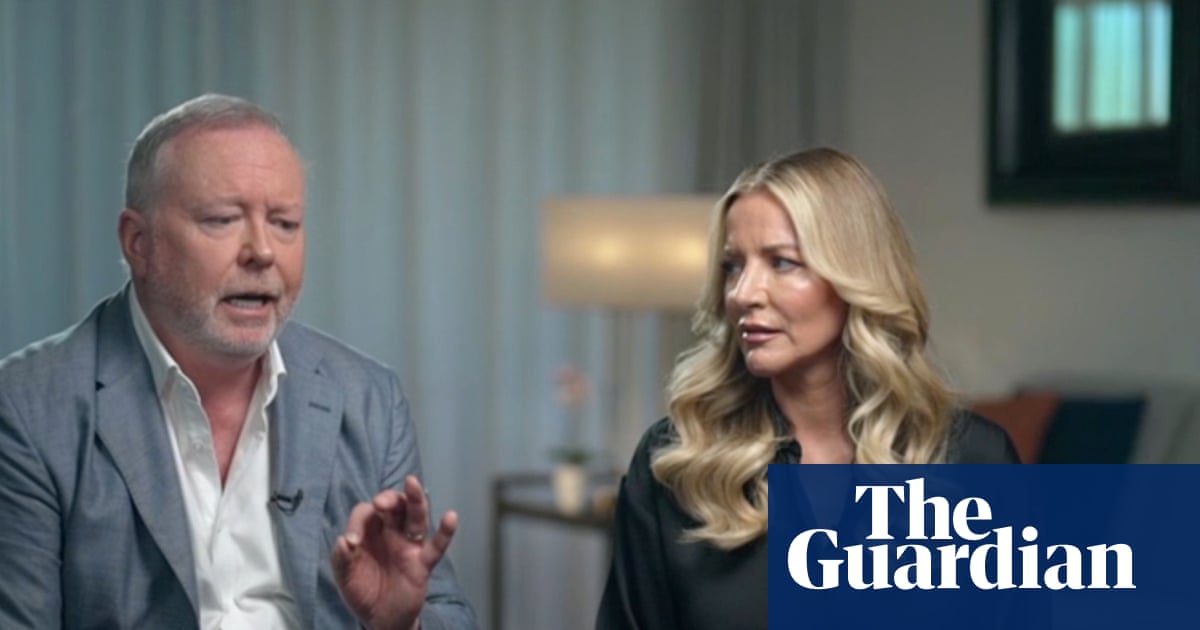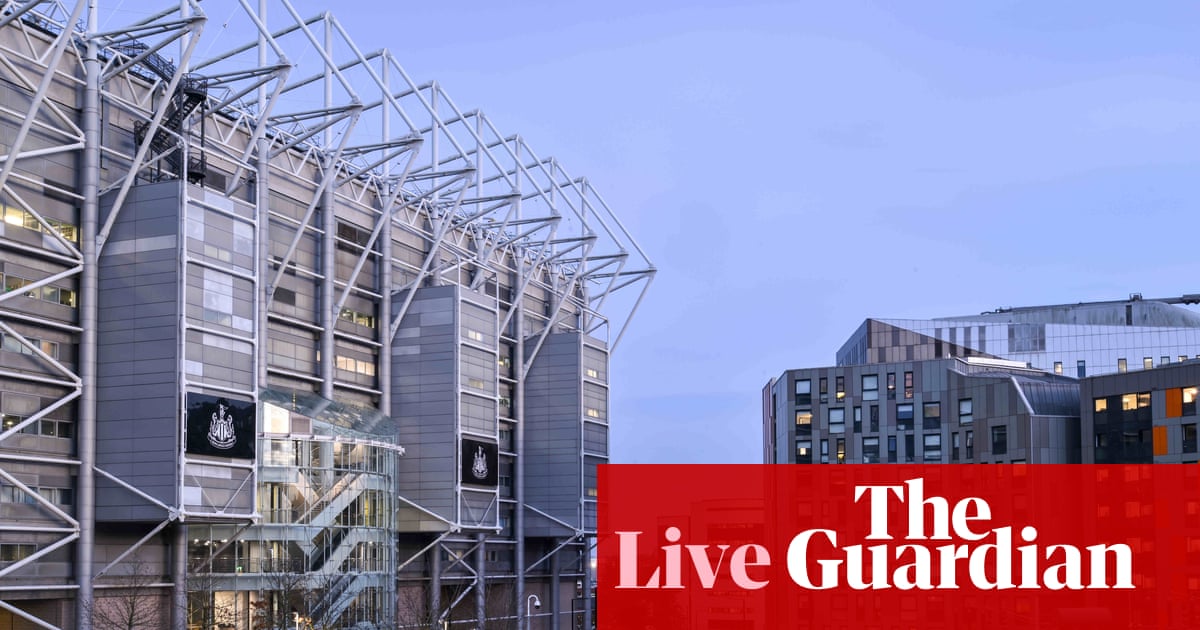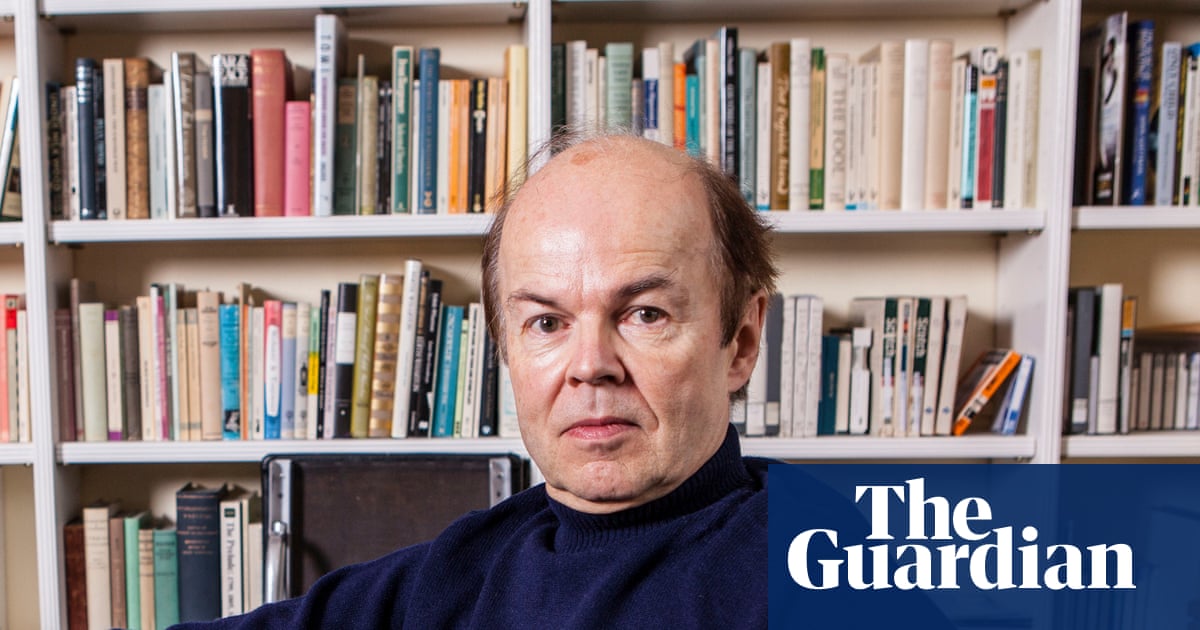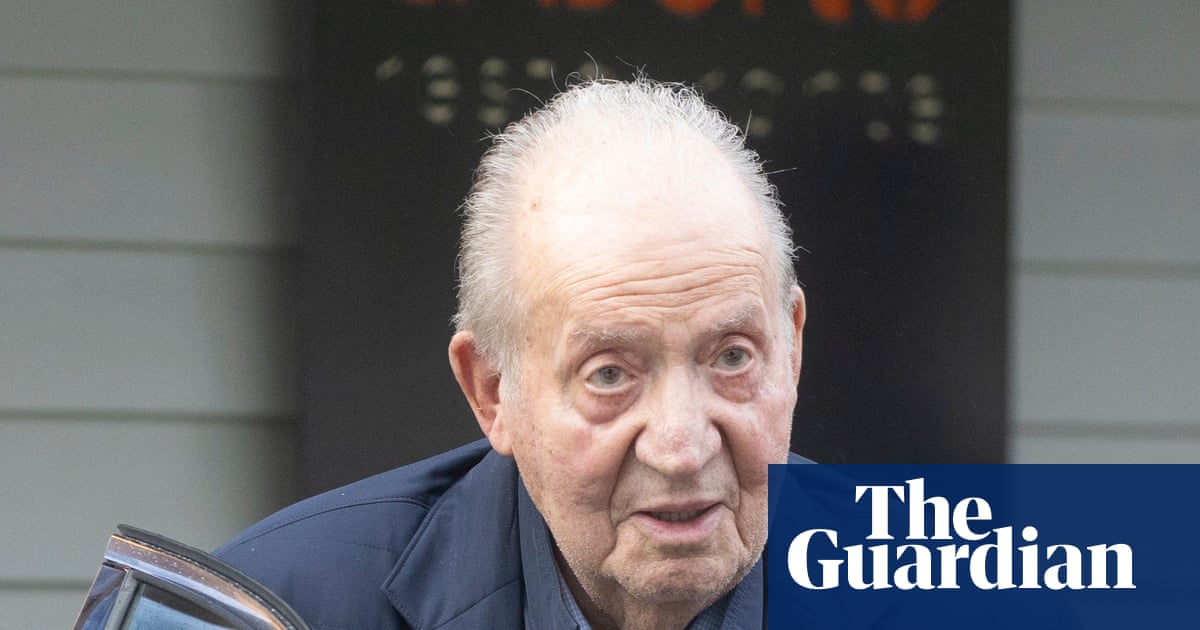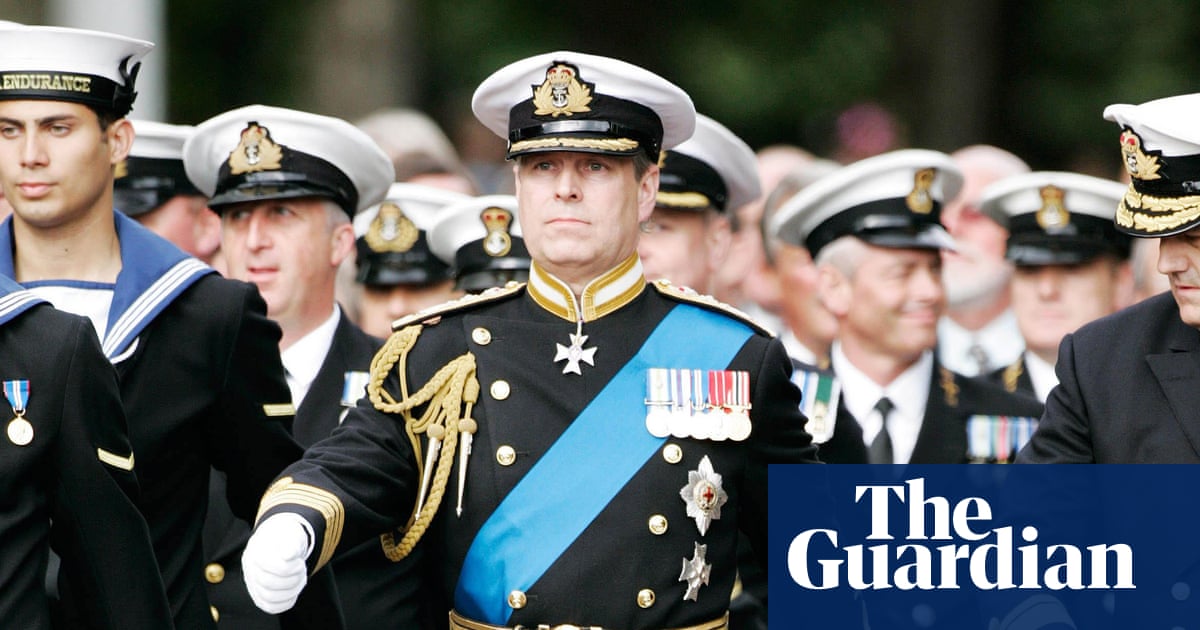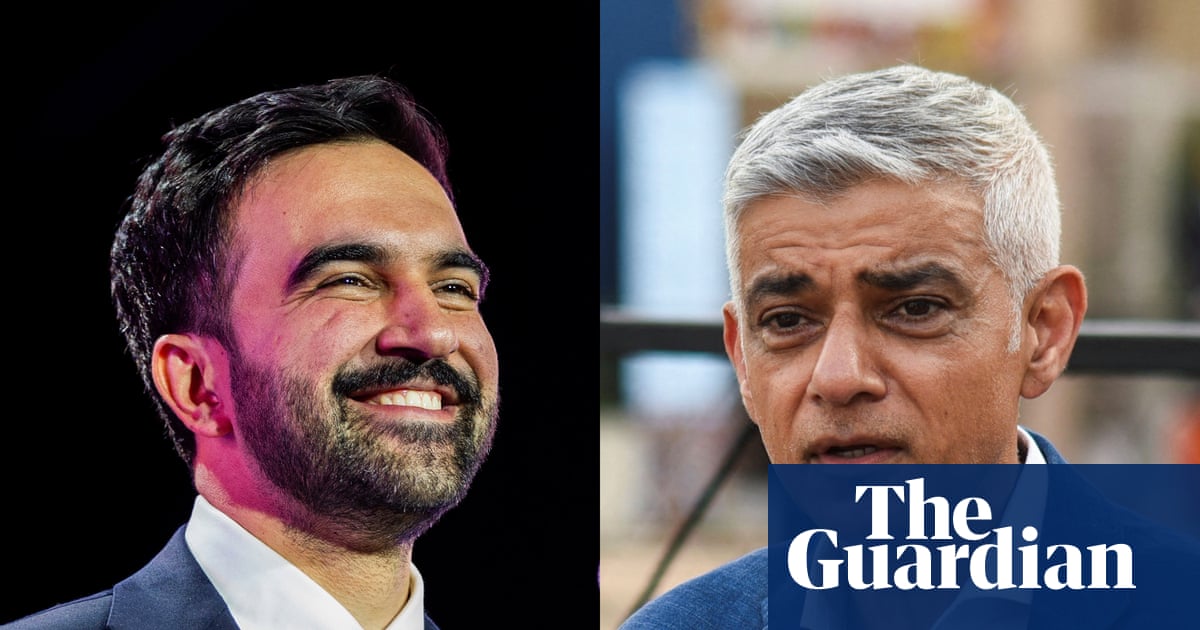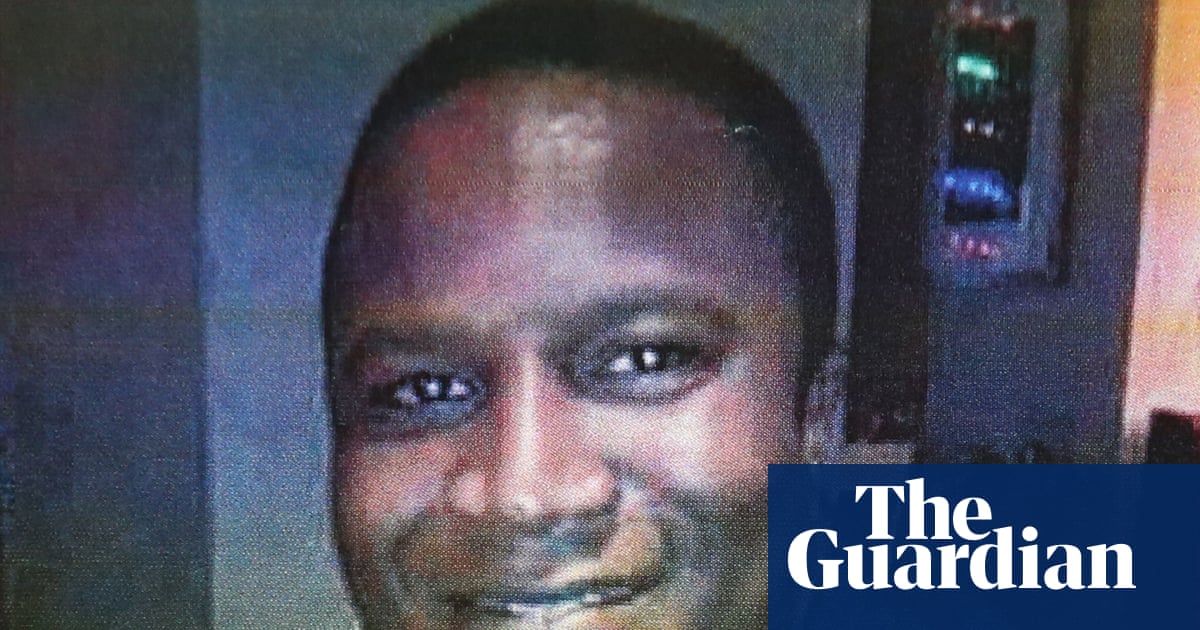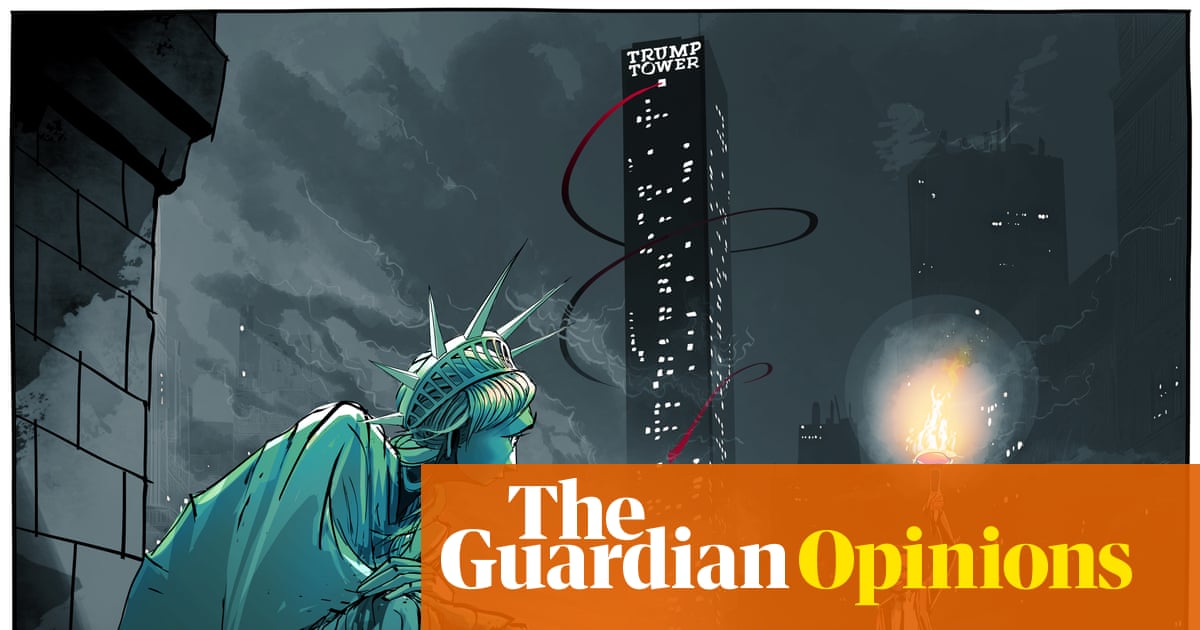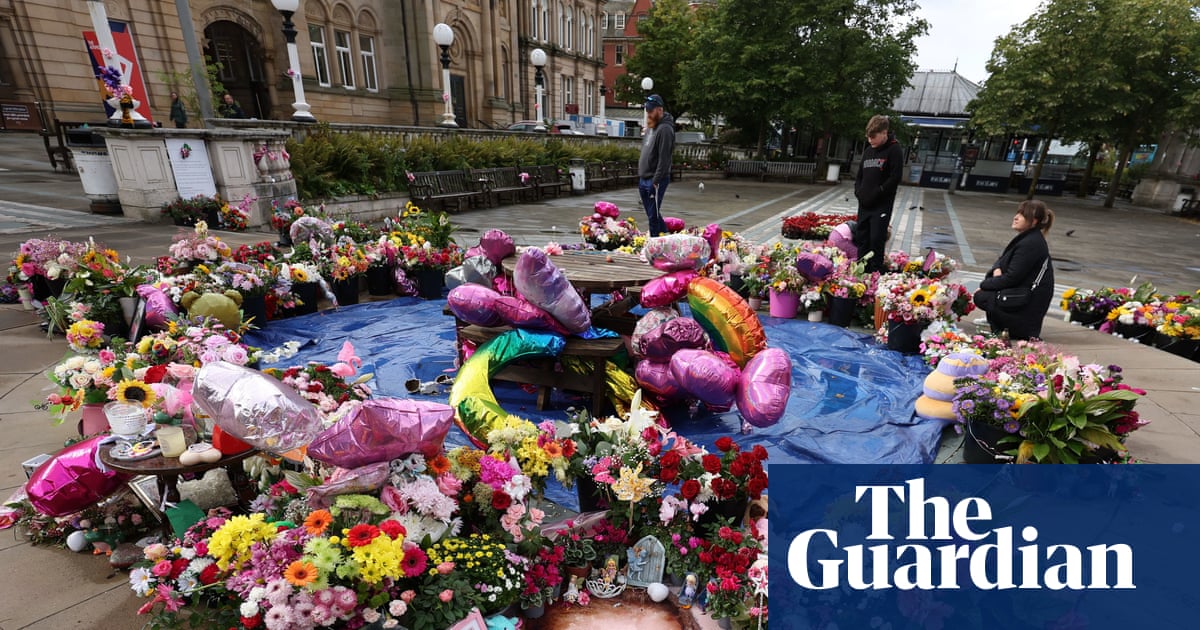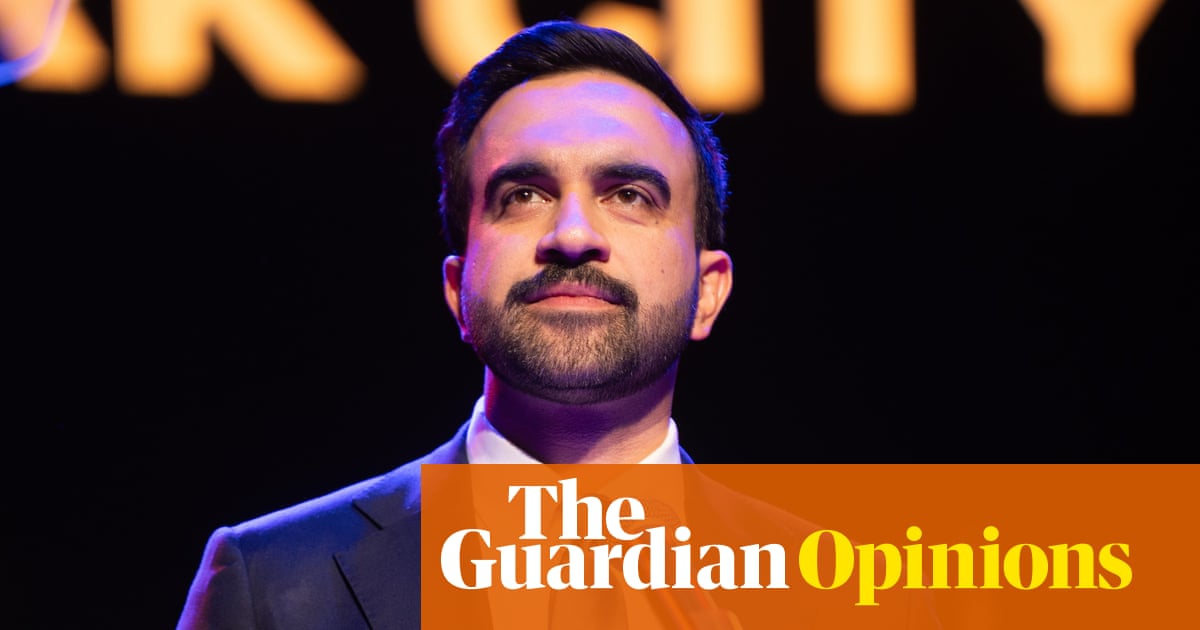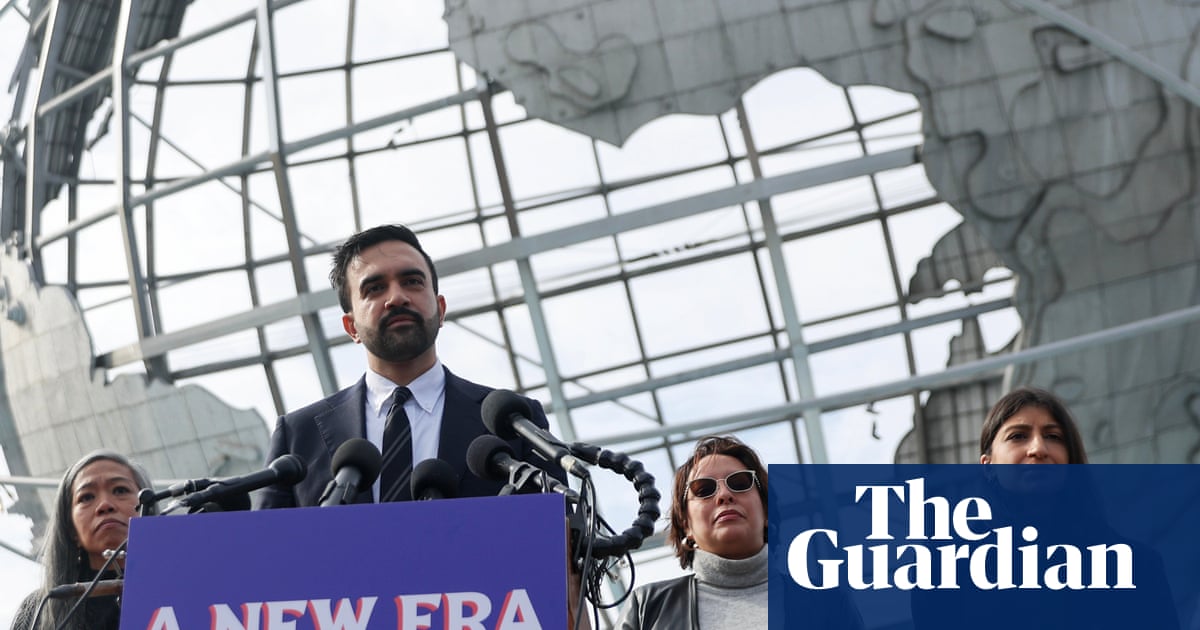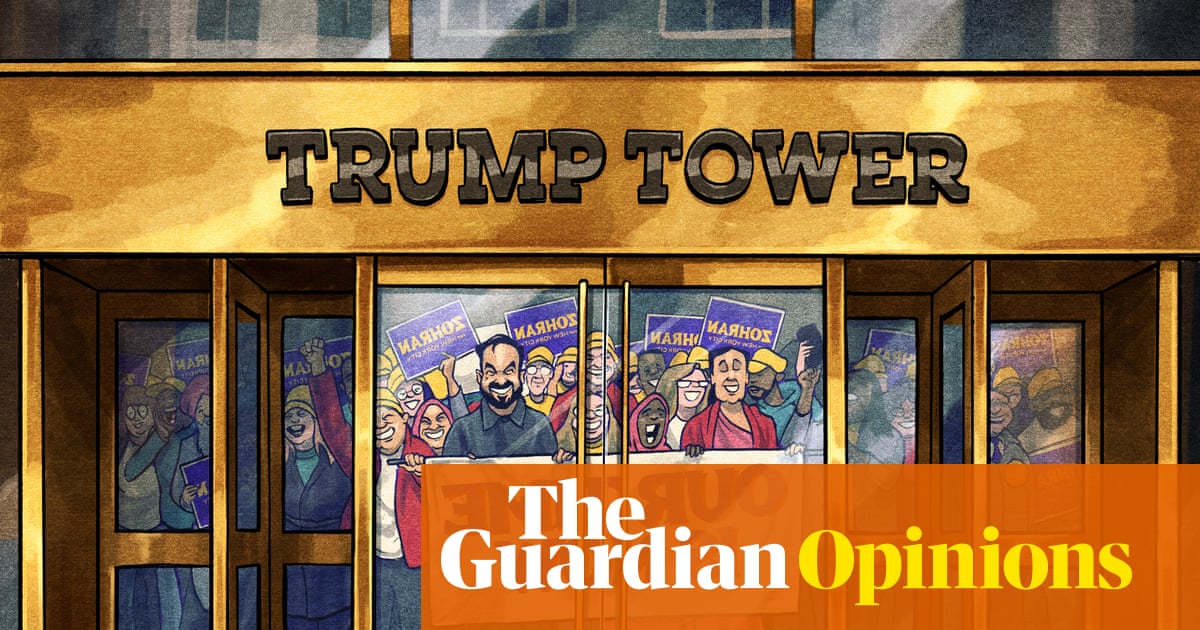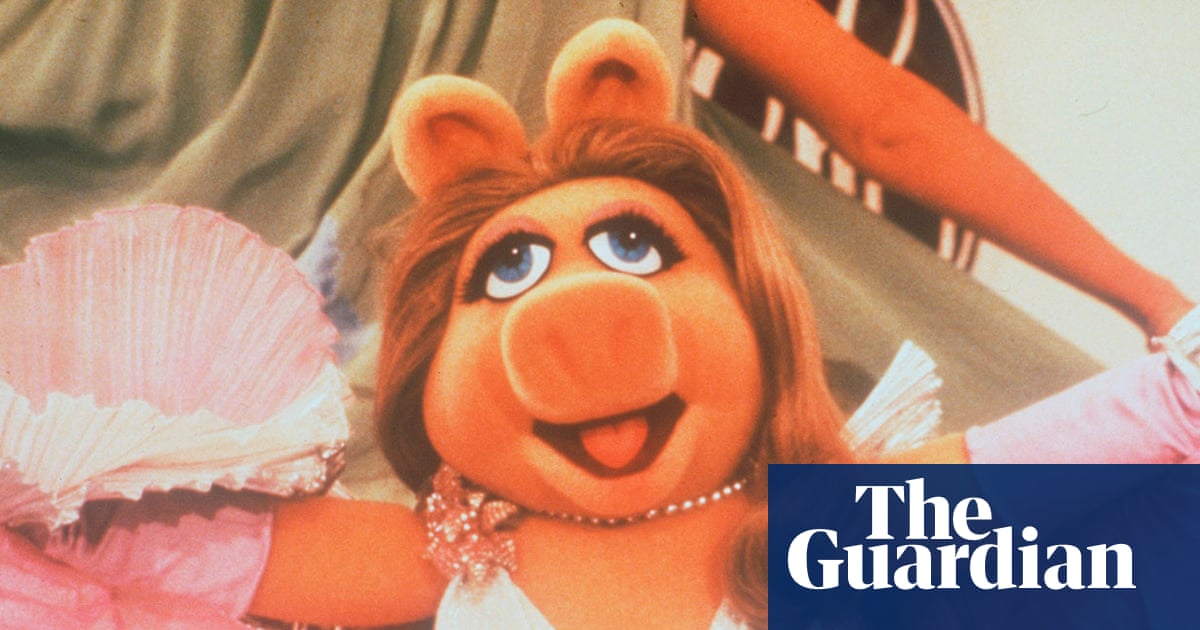It hardly compares for importance with all the cruelties in Gaza or Sudan. But then little else does that at present. It caused barely a ripple on the parochial surface of British politics either. That’s hardly surprising at a time when Downing Street is warning about summer riots. Tellingly, the Daily Telegraph itself could only muster a single front-page paragraph on it on Wednesday, underneath Ozzy Osbourne’s death and the England women’s football extra-time squeaker.
Yet Kemi Badenoch’s shadow cabinet reshuffle this week should not be totally dismissed. See it instead as an inadequate recognition of an indisputable problem for any contemporary centre-right party, as well as an incoherent attempt to address it. If the Conservative party is very lucky, the reshuffle could be the start of better times. But it is nowhere near that point today. Right now, the reshuffle counts as the merest glimmer amid the Tory gloom. But a glimmer all the same.
The reshuffle’s headline event, in as much as there was one, is the return of James Cleverly to the Conservative frontbench. The official opposition party is, of course, a shadow of what it once was, with only 120 MPs at the last count, and Cleverly is not quite the political heavyweight he pretends. Yet he came within a whisker of leading the party last October. He also has far more spirit and public recognition than most of his colleagues. He stands for a form of continuity conservatism with what remains of the party’s one nation instincts and pragmatic traditions that brought it such success for so long.
He was also, until this week, his party’s most underutilised backbench asset, and potentially the biggest backbench threat to Badenoch’s rocky leadership. Unlike ex-ministers such as Rishi Sunak or Jeremy Hunt, Cleverly also still has a future. It made sense to have him back in the tent. From Badenoch’s perspective, because Cleverly, a seasoned operator, has repeatedly made effective backbench attacks on Labour which should be better made from the frontbench. From Cleverly’s, because he would once again be the most plausible candidate to stop the shadow justice secretary, Robert Jenrick, in the event of yet another Tory leadership contest.
If Cleverly is to consolidate that position – which he must do to take momentum away from Jenrick’s efforts to steal Nigel Farage’s clothes – he will need to make an impact in his new role. It helps that housing, where he will now shadow Labour’s Angela Rayner, is an issue on which Cleverly touched – perhaps with private foreknowledge about the reshuffle – in his IPPR speech this month. He has strong instincts on housing. He is against nimbyism. He says the party should not be afraid of making the case for new housing to people who already have houses.
This points to why Cleverly’s return is important more generally. Unlike Jenrick, he stands against cosying up to Reform UK. In June, speaking to the Conservative Environment Network shortly after Badenoch had ditched the party’s 2050 net zero target – a move widely seen as a bending of the knee to Farage – he insisted that economic growth and “environmental obligations” must go hand-in-hand.

At the IPPR this month, his central argument was that the Tory party must stop aping Reform UK by pretending there are easy answers to difficult problems. The party had to be honest about the need for, and the challenges of, delivery. The key lines in his lecture came at the end: “We don’t need a revolution,” said Cleverly. “We need a restoration – of competence, of delivery, and of trust.”
Cleverly’s return therefore raises an important broader question for the Tory party. Is Badenoch’s decision to bring him into the shadow cabinet an attempt to pivot the Conservative party away from the populist right and towards the kind of more traditional centre-right stance that Cleverly embodies?
In electoral terms, is it an attempt to move away from a concentration on working-class voters in the so-called red wall of Labour seats where Reform UK has established itself as the main contender? Or does it instead imply a renewed focus on more middle-class voters in the so-called former “blue wall” where Ed Davey’s Liberal Democrats have swept so many Tories aside?
This is a big choice for the Conservatives – there is none bigger, in fact – and it is therefore important not to oversimplify it. It is not a choice about returning to the past. It is one that involves making judgments about almost everything that the party thinks it stands for in a fast-changing world – including social order, economic prosperity, individual freedom, cultural traditions, competence, global standing and more. It is also a UK variation of a question that simultaneously faces all former centre-right parties in the established democracies, all of which confront similar sets of issues. Only this week, Japanese voters handed out a rare electoral rocking to the centre-right government of the prime minister, Shigeru Ishiba.
Plenty of Conservatives have been grappling seriously with these questions. In a joint project earlier this year, the Bright Blue thinktank and Germany’s Konrad Adenauer Stiftung came up with a list of 10 priorities for the European centre right. These included an emphasis on shared national identity, simplified regulatory regimes, avoidance of zero-sum thinking, re-established competence, individual responsibility, shared values and customs, civility towards others, the state’s role as carer, support for families, and environmental conservation. None of these is doctrinaire or narrow.
Up to now, Badenoch has preferred to avoid such choices. She still seems to believe that moderation is not cool and therefore not effective. She prefers to fight on cultural issues rather than hard policy choices. She presents herself as the embodiment of contrarian cleverness, not as a strategist or problem solver who can run things well – the precise opposite of Cleverly’s own self-presentation. She focuses her disdain on white-collar workers in state institutions – a large group of voters the Conservatives have been steadily losing and which her approach does nothing to reverse. She goes out of her way to praise Donald Trump and JD Vance, both of whom are unpopular with UK voters. In reality, one of the smartest things she could do would be to become a Trump critic.
If bringing Cleverly back is indeed meant as a pivot to the traditional centre right, then it is an extremely cunningly camouflaged one. Such a shift is not inherently impossible, and the Bright Blue-KAS report shows many ways in which it could be attempted. But it is exceptionally hard to believe in when the party is so battered by defeat and so frightened of Farage. With the Conservatives now averaging just 17% in the polls, there is a lot of ground to regain, but no sign under its current leader of any serious strategy for doing so.
-
Martin Kettle is a Guardian columnist

 3 months ago
104
3 months ago
104

